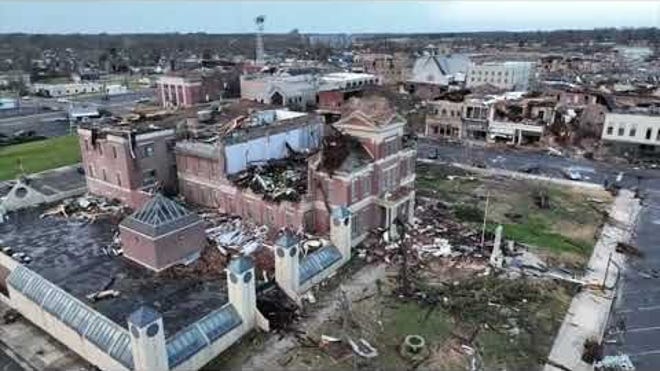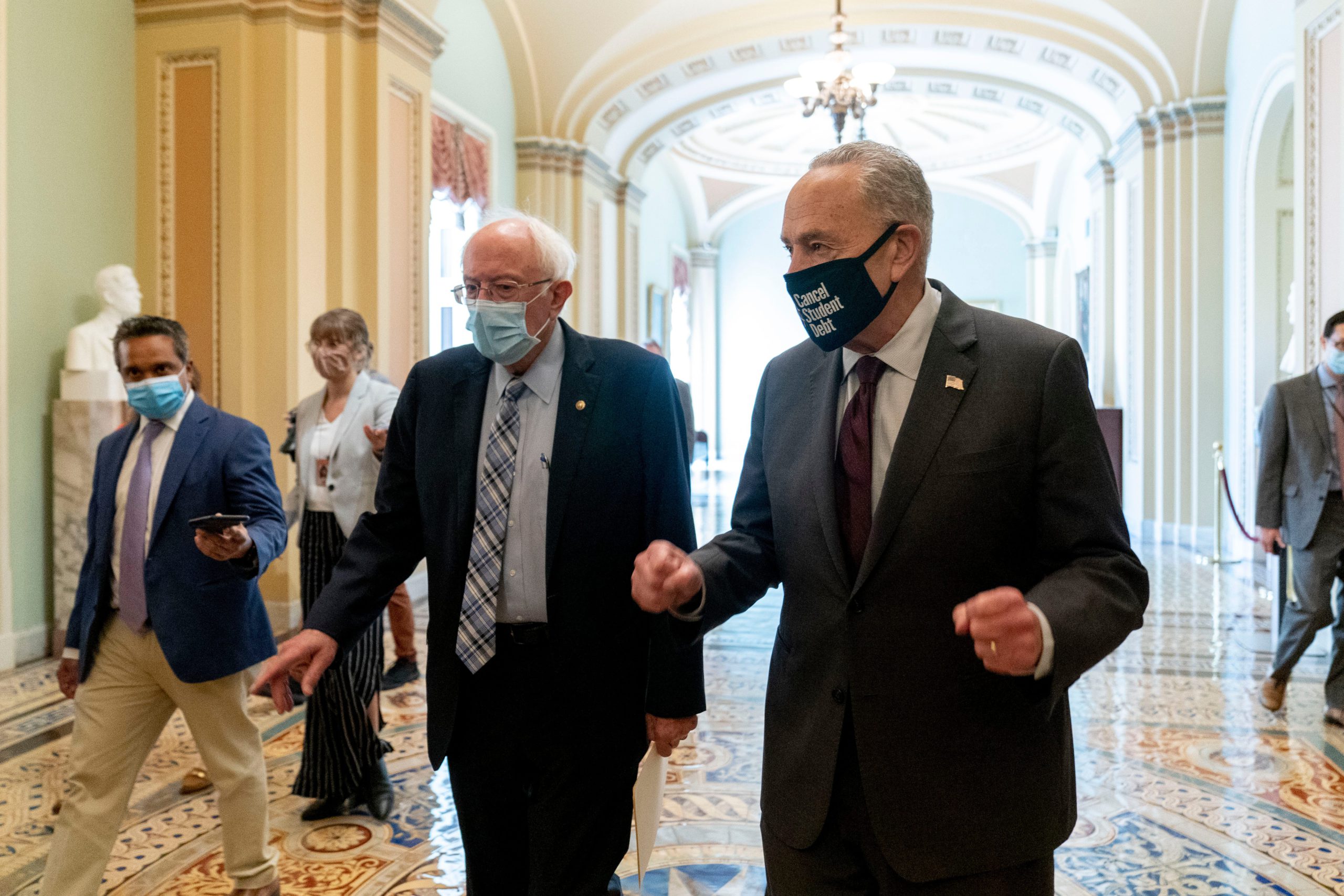For months, the helicopter followed Thomas Wells around.
It was a high-pitched whoosh that cut through the thundering engine. It was the propellers. Not just the unmistakable, blistering sound they made, but the gusts of wind left in their wake. He wasn’t sure if he even saw the helicopter that night, but he knew it was there.
He felt it.
A police officer had been injured, and a medical helicopter landed nearby. The helicopter's pilot never turned the engine off, because the medics would need to get to the hospital as fast as they could.
Living near a helipad, Wells couldn’t escape the sound. He thought it was grief. Grief that took him back to the crime scene on a cold night in March. Back to the highway where he remembered a seemingly endless number of police vehicles. Back to how he couldn’t use his phone because it wouldn’t stop ringing. Back to the baseball cap he wore when he drove from the highway to talk to a family that would soon know grief much greater than his.
It was just grief, Wells thought. And it was getting better, he thought. But as spring turned into summer, the 53-year-old found himself drawn back to Interstate 275 again and again.
Capitol riot: Greater Cincinnati connections to the chaos in Washington, D.C.
It wasn’t the helicopter that haunted him anymore. It was the faces. Not the face of the deceased woman, who he helped hire almost 10 years ago. Nor the face of that woman’s mother, when she realized why Wells had shown up at her home late at night.
It was the faces of his employees. The ones who weren’t at the scene – who never felt the helicopter’s wind – but were called into the office all the same. They didn’t know what happened, so he told them.

Officer Kaia Grant had been killed after placing stop sticks on the highway to help apprehend a suspect involved in a police chase. The suspect swerved off the road, striking the cruisers of Grant and another officer. After the crash, the suspect shot himself.
Grant was flown to the hospital, where she was pronounced dead. She was 33 years old.
Wells looked out at his staff as he recounted the night’s events. These were not members of the media, but friends and colleagues. Grief and despair did not accurately describe what he saw on their faces.
Wells had been promoted to chief of police a month earlier. He thought about this, and about how no Springdale police officer had ever been killed in the line of duty before.
This happened on his watch, he thought.

By the time Wells first spoke to his officers in a courtroom down the hall from his office, he had changed into his uniform. He had briefed reporters and TV cameras in a raspy voice on the verge of tears. He would do so again the next morning, after a night of trying and failing to sleep.
He didn’t know what to say, so he told his colleagues the facts. He told them to take the rest of the weekend off. Eventually, he told them to take the entire week off.
This haunted him, because he knew some of them would suffer in silence.
Because that’s what he did.
...
More than grief
In 2012, Wells was part of the team that hired Grant, who grew up in Wyoming and worked with at-risk youth after she graduated from college. Grant was among the first group of employees he helped bring in as an assistant chief.
Wells knew right away she was special. She was the type of person you could never train another officer to become. That’s what he said in the press conferences after her death.
When asked to elaborate, he said she had a dynamic personality, but struggled to sum her up in a 30-second soundbite. Grant’s life was more than a soundbite, and he wasn’t her relative. He was her boss.
And he was not the only one hurting.

In July, months after the funeral, there was a ceremony in Springdale to honor Grant. A community member wanted to celebrate her with a tree planted outside the police department and a large vase painted teal, her favorite color.
Wells addressed the group, which stood outside in a circle. Everyone wore masks, but it didn’t matter. When he looked around, he was back in the courtroom, staring at those same faces from March. He didn’t know what to say. He started crying.
Later that day, he told his wife he needed help.
He checked himself into a mental health program specifically designed for first responders and military members. He went there every day after work for two weeks, speaking to a therapist who once carried a friend’s dead body away from the battlefield. That’s where Wells learned his struggles were more than grief.
The police chief was diagnosed with PTSD.
And he wants you to know this.

He wants you to know he couldn’t speak in public without crying for months. He wants you to know there was a time he would become furious for dropping his car keys. He wants you to know there was a time when mowing the grass seemed like a monumental task.
He wants you to know he hasn’t listened to the dispatch recordings from the night Grant was killed – he doesn’t want to hear the voices of his coworkers. He wants you to know he hasn’t watched the body camera footage either, because he knows what’s on it.
Coronavirus in Ohio: Tiny number of adverse reaction reports gives state leaders confidence in COVID-19 vaccine
He wants you to know this isn’t about him. Although he wants you to know he is human, too. He wants you to know this is about his officers, and others around the country, who don’t often talk about their pain.
He wants you to know it’s OK to not be OK. Because he thought he was prepared for what happened, and he wants you to know he wasn’t.

In December, almost nine months after Grant’s death, the police building in Springdale is closed to the public because of the coronavirus pandemic. In Wells’ office, above his computer and a family picture on his desk, there is a painting of Grant. She is standing in front of an American flag, spotlights shining down on her.
She looks like a superhero.
Earlier that morning, Wells spoke to the air care crew that worked the night of her death. He didn’t say much; he listened. They told him there was nothing anyone could have done.
In other news: Ohio dog owners have until the end of the month to renew licenses
Wells' counseling began every day after work for two weeks, eventually stretched into five, and continues in another form today. He wants you to know it worked. He wants you to know the helicopters don’t bother him anymore, and the faces have faded.
It doesn’t mean he’s forgotten. It doesn't mean his post-traumatic stress disorder has disappeared. But it means he’s not lying if he tells you he’s OK.

Wells’ wife once asked him why he would want Grant’s picture hanging in his office. Isn't it a constant reminder of terrible pain? He told her it’s better to remember Grant this way, instead of what he saw on the highway.
Standing in the department’s lobby, near a glass case filled with gifts the department received after her death, the police chief takes out his cellphone. His lock screen is another photo of Grant.
She is smiling. And so is he.
…
Are you struggling? Call Beckett Springs any time of day at 513-817-0907. Ask about the facility’s Help for Heroes program or visit their website at www.beckettsprings.com.
Source link









